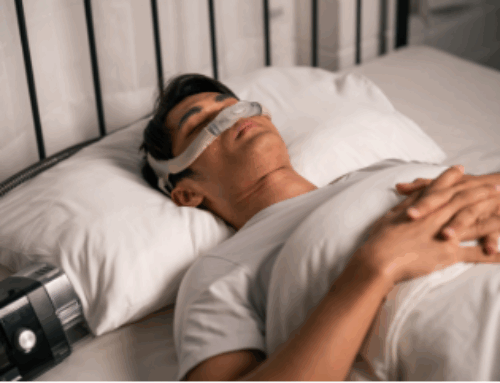New Yorkers will soon have access to free sleep apnea screenings under a new bill passed by the City Council in March.
The bill, sponsored by Councilman Shaun Abreu, establishes a three-year pilot program to offer free obstructive sleep apnea (OSA) screenings and at-home sleep tests, with a focus on uninsured individuals. It will be accompanied by a public education campaign, “More Than a Snore,” to raise awareness about OSA symptoms. The bill becomes law June 15.
Key details of the new law
The bill requires the New York City Department of Health and Mental Hygiene, or another designated agency, to oversee the program. The program will offer free access to OSA screenings and, if deemed appropriate, home sleep apnea tests. Special emphasis will be placed on prioritizing people without insurance. DOHMH will also publish a report to evaluate the program’s effectiveness and determine whether it should become permanent.
As part of the law, a public education and outreach campaign will also be launched. The goal of this initiative is to educate New Yorkers about OSA, its symptoms, and the availability of the free screenings. The campaign is designed to help residents identify OSA early and seek the necessary treatment.
Councilman Abreu also introduced a bill to establish a pilot program to provide OSA treatment at no cost, requiring DOHMH to provide FDA-cleared oral appliances to patients. This bill has not yet been enacted into law.
Understanding obstructive sleep apnea
OSA is a common sleep disorder where the airway becomes partially or fully blocked during sleep. This leads to frequent pauses in breathing, which disrupts sleep quality. Symptoms of OSA include loud snoring, choking or gasping for air during sleep, and feeling excessively tired during the day, even after a full night’s rest.
If left untreated, OSA can increase the risk of serious health problems, such as high blood pressure, heart disease and stroke. It can also lead to daytime fatigue, poor concentration and an increased likelihood of accidents. Early diagnosis and treatment are key to improving health outcomes.
Benefits of treating sleep apnea
Treating OSA can significantly improve sleep quality and overall health. Common treatments include CPAP therapy, oral appliances and lifestyle changes. Many people with OSA find that these treatments help reduce daytime sleepiness, improve mood and increase productivity.
How to get help
The new NYC program offers a great opportunity for residents to receive free screenings and raise awareness about this common but often underdiagnosed condition. If you suspect you have OSA, it’s important to speak with a health care professional. The AASM provides a helpful conversation guide for talking to your doctor about OSA.
Anyone who has a sleep problem can use the AASM’s sleep center directory to get help from the sleep team at an accredited sleep center.
For more information on OSA and treatment options, visit AASM’s resources on sleep apnea. For additional patient support, contact the American Sleep Apnea Association or Alliance of Sleep Apnea Partners.
Related:
- Sleep apnea is ‘more than a snore’
- Untreated sleep apnea puts heart health at risk
- Six facts about sleep apnea




